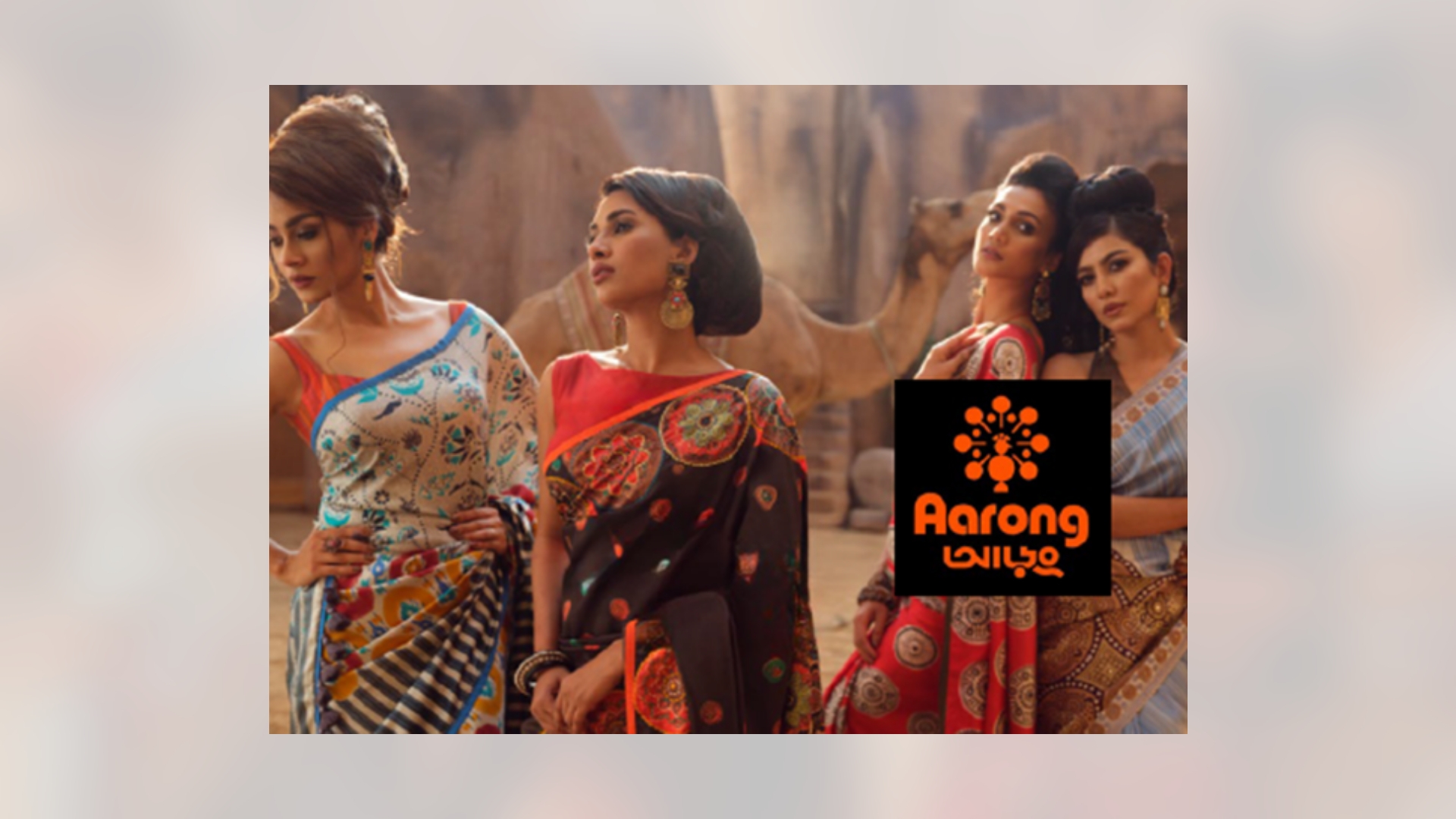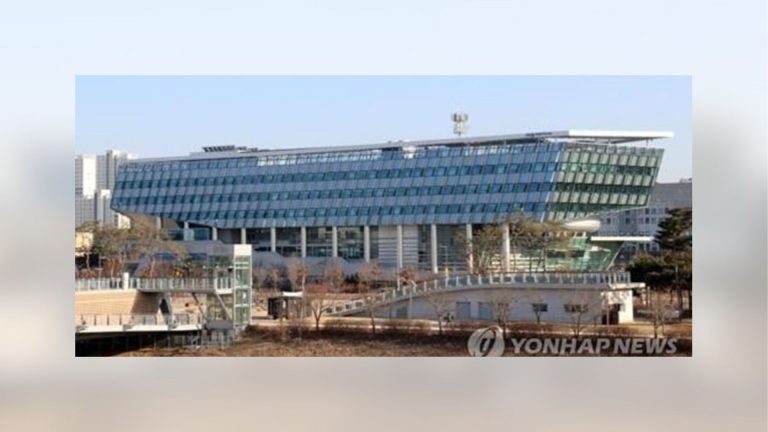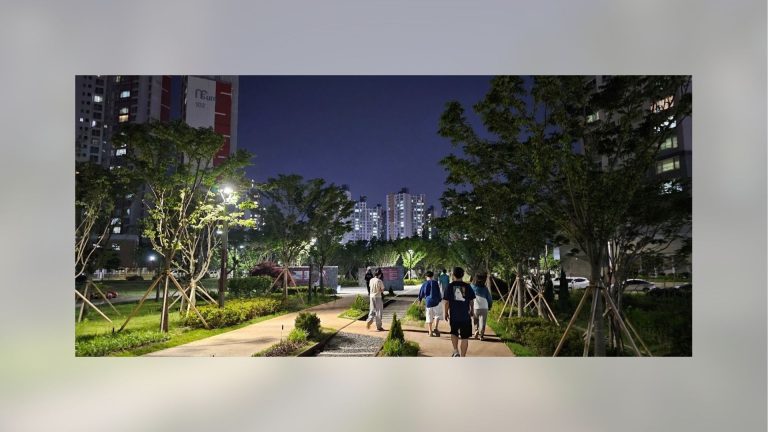Aarong, “village fair” in Bengali, is a platform that links rural artisans producing silk and crafts with urban retailers, through online and offline stores. Starting from a humble initiative, Aarong has now become one of Bangladesh’s largest fashion retail chains and the largest retail space in the country.
Set up in 1978 under the umbrella of Bangladesh Rehabilitation Assistance Committee (BRAC), Aarong was born out of BRAC’s extended commitment to empower the poor, particularly women, and to create a long-term approach for community development. BRAC saw the potential women producing craft works did not have sufficient buyers for their products and, thus, connected them with the urban retailers through Aarong.
Ethical Business
Aarong has given rise to a greater demand for locally manufactured fabrics, which in turn has played a vital role in reviving the almost extinct traditional fabric and cloth. It is committed to being environmentally friendly and has also introduced dyes free from AZO (restricted aromatic which may be harmful to skin) and PCP (used for chlorination, also deemed harmful) in its cotton fabric production.
Benefits for People
AAFs services to the artisans include free skill-building, supply of raw materials for production, transportation of goods, quality control, storage, management, finance, marketing, and microfinance loan options through Aarong. AAF employees in rural communities also receive various support from BRAC: micro-credit services; seeds, agriculture, poultry, livestock, and fisheries inputs; free schooling for their children; subsidised tube-wells and sanitary latrines; health care including free eye check-ups and glasses, free treatment of tuberculosis and severe illnesses and health education; as well as legal awareness and support. Women recruited by AAF benefit from a living wage and job security. The workspaces are often right at the doorsteps of the artisans, to enable them to mainly work from home while being able to look after their families.











